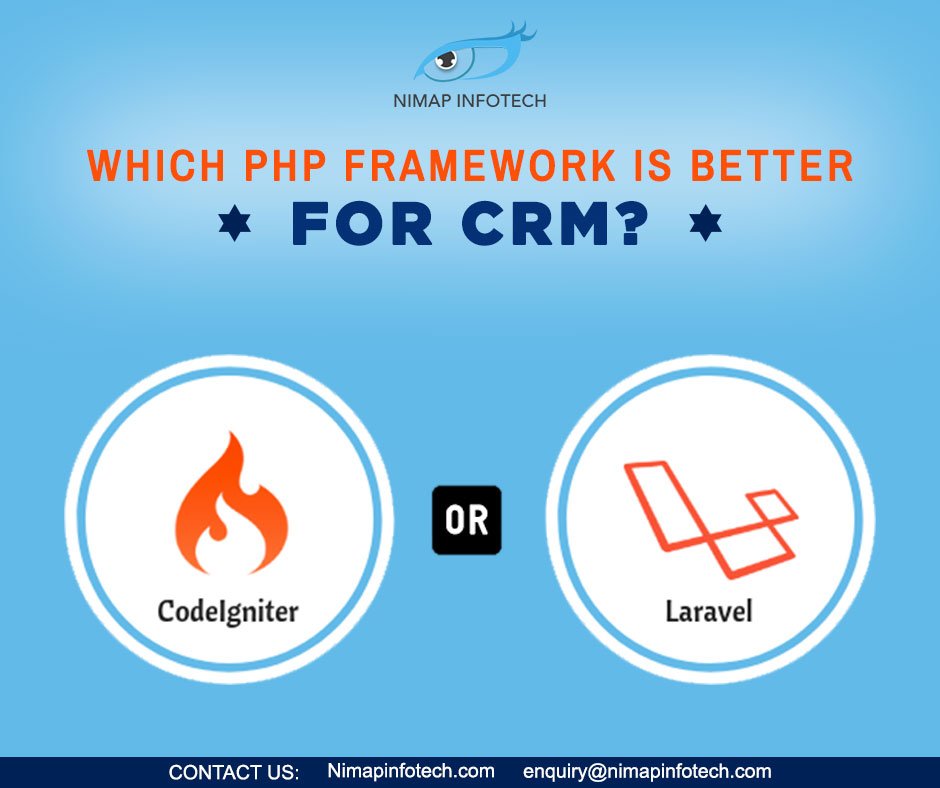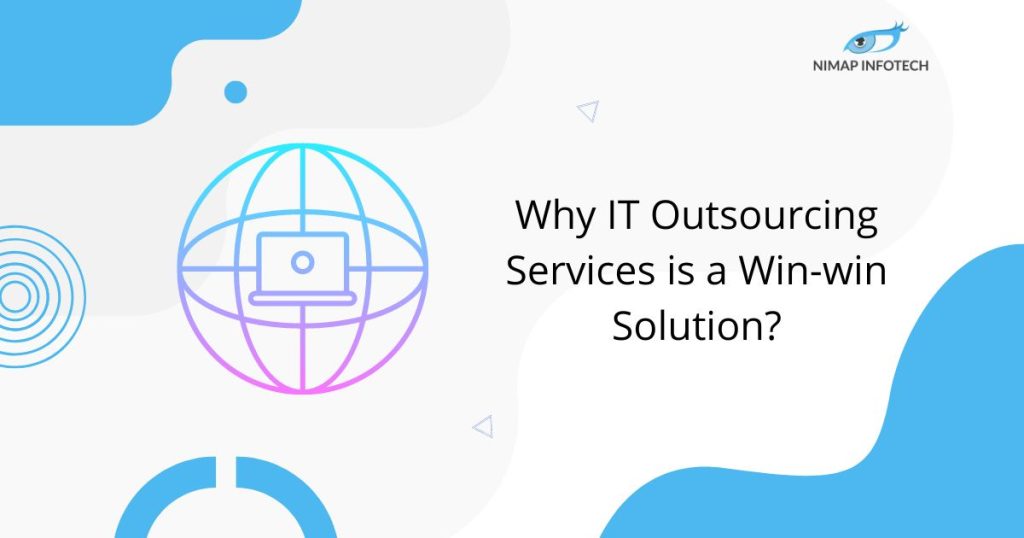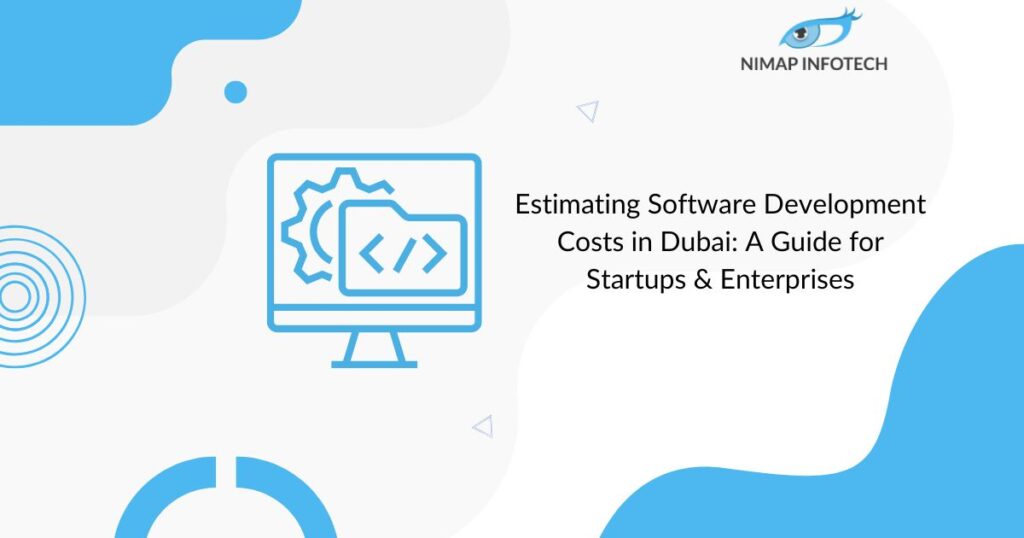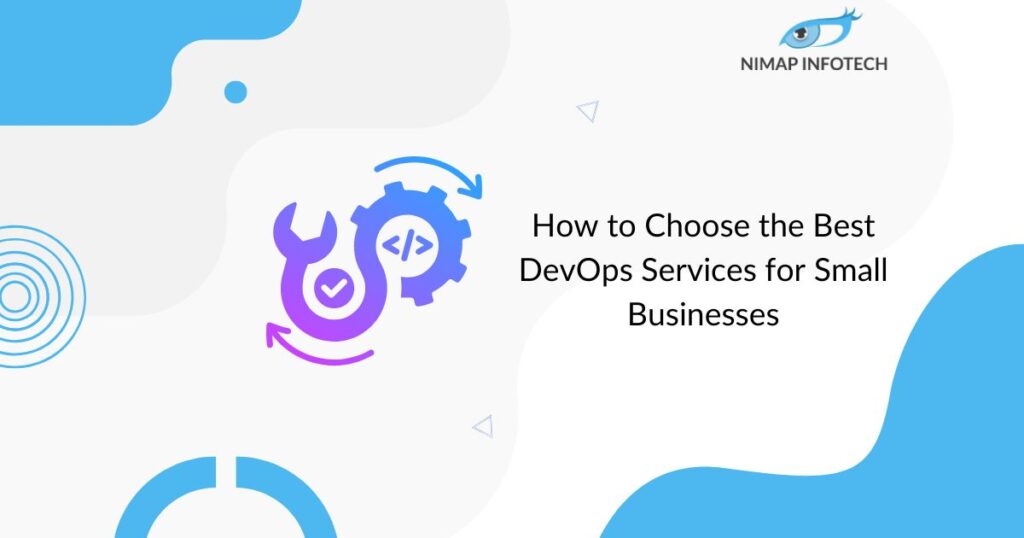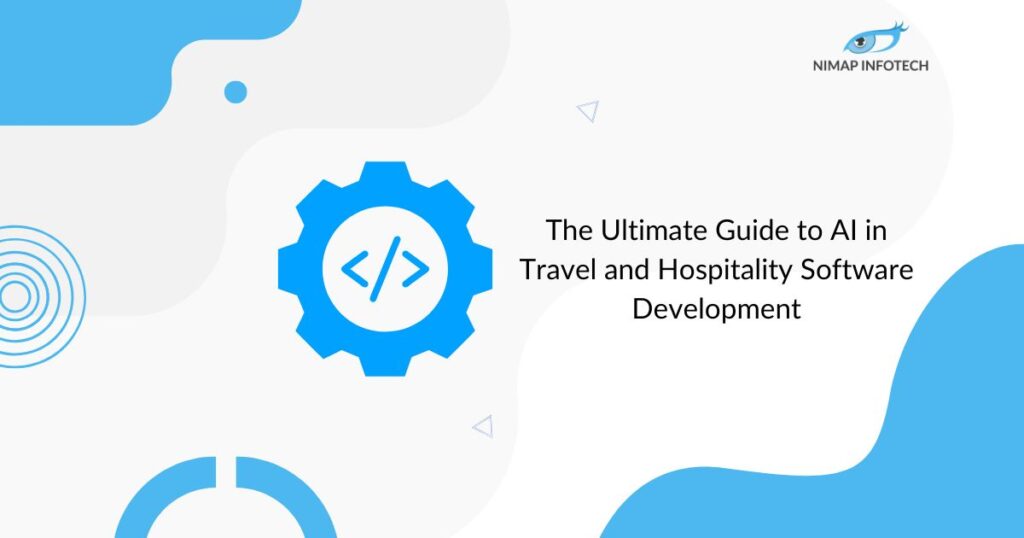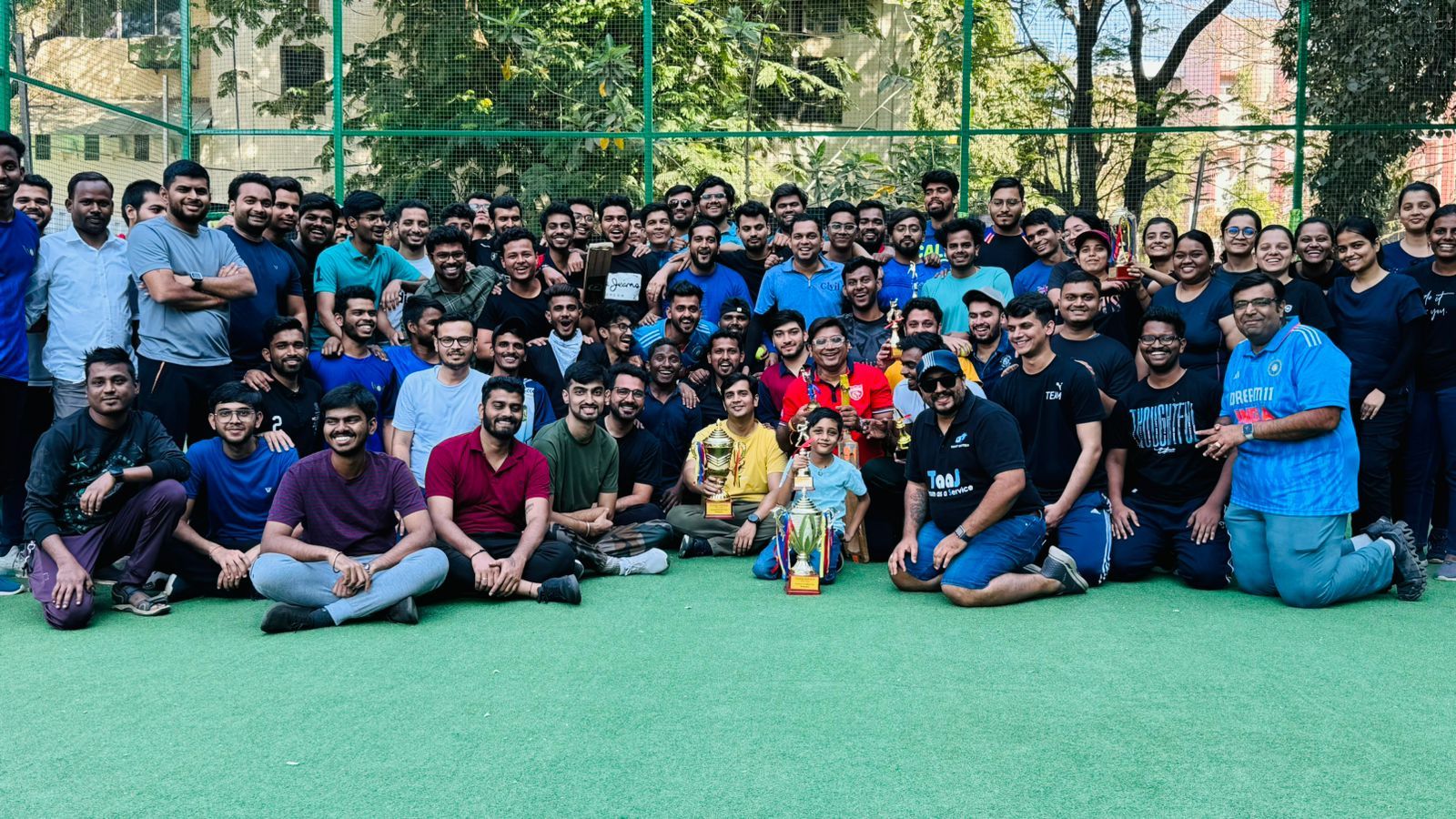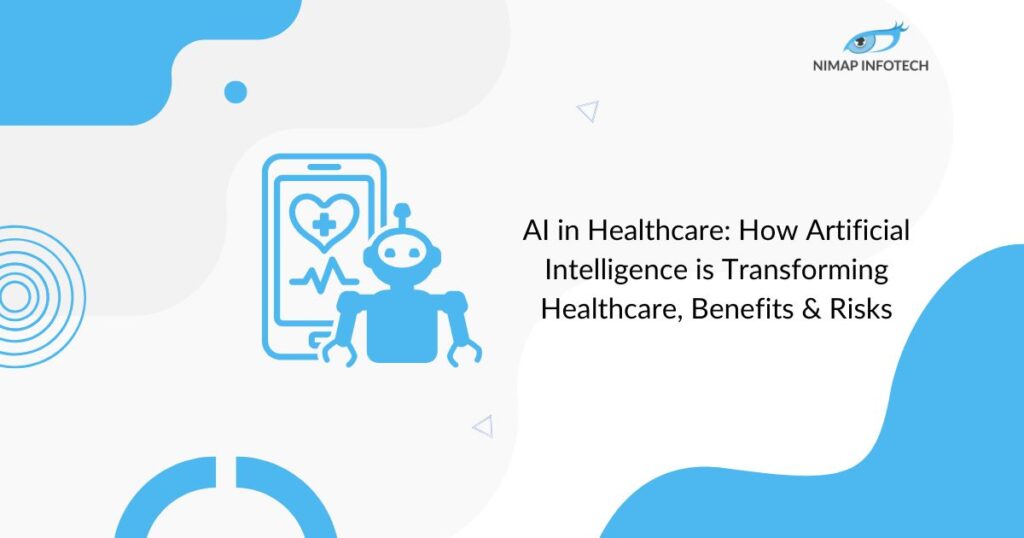Table of Contents
ToggleWhat is Laravel?
An open-source and free PHP web application framework, Larvel is used to create web applications. This framework follows the model-view-controller (MVC) architecture. And it is renowned for its elegant syntax and tools for routing, authentication, and caching. In addition to making the development process enjoyable for developers, Laravel strives to improve application functionality.
Among its many features, it is a modular packaging system with a dedicated dependency manager. Different ways to access relational databases. In addition to tools to help deploy and maintain applications. A large and active community of developers contributes to Laravel’s continual improvement and development.
Pros of using Laravel:
- Using Laravel makes it easier to write and maintain code. This provides a clean and simple syntax for common tasks like routing, sessions, and caching.
- The task scheduler in Laravel makes it possible to schedule repetitive tasks. Like sending emails or cleaning up old data, to run automatically at predetermined intervals. This reduces the development time for projects as a whole.
- It is easy to build secure applications. With Laravel because it includes a number of built-in authentication and authorization features.
- It is easy for developers to find help and resources when they work on Laravel projects because Laravel has a large and active developer community.
- In addition to Laravel’s built-in security features. There is a robust third-party package and library ecosystem that can be easily integrated into projects. Providing additional customization and functionality.
- Laravel supports a number of database systems, including MySQL, PostgreSQL, and SQLite. Making it simple to create apps that can interact with many forms of data storage.
-
Laravel has unit testing capabilities. Allowing developers to create automated tests to check that their code is valid and functions as anticipated. This can help decrease the risk of bugs and other difficulties.
Hire Laravel Developer for Web Development
Cons of using Laravel:
- The Laravel framework has many features. Making it somewhat more complex and cumbersome to use and learn than some other, simpler frameworks. As a result, it might not be suitable for small or simple projects that do not require all of Laravel’s features.
- Laravel applications are resource-intensive. They may not be suitable for hosting on shared servers or on servers with limited resources. This may make them less suitable to host.
- Some developers may find Laravel’s syntax and conventions unfamiliar, so the learning curve may be a bit steep for them. If developers fail to follow best practices and properly secure their applications. Laravel applications may be more susceptible to security vulnerabilities.
- In cases where a high degree of customization is needed or if many external APIs or services need to be integrated. A more flexible framework or a custom solution may be more appropriate.
What is Codeigniter?
The open-source CodeIgniter framework is a PHP web application framework. Designed to speed up and simplify the development of dynamic, feature-rich web applications. A code-driven web application can be built using CodeIgniter’s libraries and tools. It also has a straightforward interface and logical structure for accessed libraries.
In this framework, developers can build applications based on the Model-View-Controller (MVC) development pattern. Which divides the application’s logic, data, and presentation layers.
CodeIgniter is easy to maintain and scale, and it is popular with developers who are looking for a fast and efficient way to create web applications.
Pros of using Codeigniter:
- The small footprint and minimal setup of CodeIgniter make it easy to deploy and manage in a variety of hosting environments. Since CodeIgniter is lightweight and easy to use, it can be a good choice for simple or small projects as it is an easy framework to learn and use.
- Even if developers are new to CodeIgniter. The syntax and conventions of the framework are simple and straightforward. Making it easy for them to get up and run right away.
-
There is a built-in security layer in CodeIgniter, which protects applications from common web vulnerabilities. Including cross-site scripting and SQL injection.
-
There is an extensive community of users and developers for CodeIgniter. This can provide a wealth of support and resources.
-
With CodeIgniter, you can perform common tasks easily. Such as handling file uploads, forms, and PDFs, thanks to its built-in libraries and helpers
- It is easy to create applications that can use different types of data storage with CodeIgniter. As it supports multiple database systems, including MySQL, PostgreSQL, and SQLite.
- CodeIgniter is compatible with a wide range of hosting platforms. It can be configured to work with different server environments easily.
Hire Codeigniter Developer
Cons of using Codeigniter:
- The CodeIgniter framework is relatively old and may not have the same level of development and support as other frameworks. As a result, finding resources and support might be more challenging when working with Codeigniter.
- It does not have as many built-in features as some other frameworks. So more complex or feature-heavy projects will not benefit from CodeIgniter.
- It could be harder to find help or resources when working with CodeIgniter. Because the developer community isn’t as active as some other frameworks.
- In comparison to some other frameworks, Codeigniter may not be as well suited to large or complex projects. Making it harder to scale and maintain as time goes on.
Also Read: Codeigniter Hmvc
Codeigniter vs Laravel
CRM is a suite of software applications that helps take customer management to the next level. CRM integrates many applications that help businesses to manage their customer data and present a portfolio of applications to help manage their customer relationships better.
In this article, we are going to have a look at the two best frameworks for CRM management Codeigniter and Laravel (Codeigniter vs Laravel). Let’s get into the basics of these software web application frameworks.
Frameworks consist of an integrated set of tools that combine together to form a compact solution for open source web development. PHP is the most famous name in the field of open source web development and it enables developers to build customized web applications. PHP offers you the maximum about of flexibility when choosing any of the open source development frameworks. Let’s dig deeper into the practical capabilities to understand the potential in the development of custom CRM web-based applications.
-
Codeigniter Web Development:
The CodeIgniter framework was introduced in 2006, It had recently become a popular PHP based framework due to its striking originality. Despite having some setbacks in its development, it bounced back with a 3.X version in 2015. This framework is greatly used in Asian continents. Codeigniter is expected to upgrade in advance with version 4. Its key offerings are as follows:
-
Updates and Structural Form:
Codeigniter is built on an MVC structure and is completely based on object-oriented programming. It provides ease of getting onboard. It has been a little less flexible to developers and until version 3.x which is strict in its approach to CodeIgniter application development in order to compete with posteriors like Laravel, Phalcon, Yi and more.
The main setback for Codeigniter is that it lacks support for Middleware and Composer.
-
Libraries:
The CodeIgniter website provides useful guides and libraries that offer plenty of built-in functionality. However speaking generally, it lacks in the same amount of support as third-party libraries compared to what other frameworks are capable of producing even though version 3.x now has stronger coding support.
-
Popularity:
Many web developers prefer CodeIgniter because it is mainly and simply easy to use. However, the paradox is that even though there are a lot of websites built in CodeIgniter, many apps have not to be updated beyond 2.x. New users often prefer frameworks like Phalcon or Laravel. Because of this reason, the popularity of this framework has relatively faded.
-
Database Solution:
Codeigniter offers MySQL as well as PostgreSQL by default. It does not have a default composer that makes the integration of third-party databases a challenging task, and it requires that you test the functionality before you copy the files. Not only this but also the database support is pretty limited. Codeigniter has its own ORM tool, but still, you don’t have the same database tools as available in other frameworks.
-
API Support:
Codeigniter does not provide any built-in API support in its early version. It still lacks the concept of having a middleware which means that CodeIgniter apps will miss out on the latest programming practices as utilized by other frameworks.
-
Development Cost:
The main advantage is that CodeIgniter application development comes with a generous pool of PHP developers which makes it easy to access as well as hire Codeigniter developers or companies who would work at affordable rates.
-
Laravel Web Development:
The Laravel framework was launched in 2011 and it is relatively new, yet it is very popular. The current version is 5.4 but there are still many websites that are running on version 4 because the migration involves the manual process of porting efforts of coding. Laravel has effectively dominated the space of customized PHP applications especially in countries such as the USA, Europe, and Canada.
-
Updates and Structural Forms:
The framework has an MVC structure and it enjoys recurring updates. What attracts the developers the most is its command line tool that is called the Artisan that offers a range of dazzling features. Artisan enables you to create custom models, set up controlled tasks and commands. Users can even interact with the database and customize the methods to retrieve the data using the Eloquent tool
-
Libraries:
The best part is that Laravel has an elaborate list of resources and documentation which can be a great aid to developers as well as to Laravel development companies. Laracast.com gets you more help. You have ample standard Laravel libraries that you can use for your development projects. You can also resort to StackOverflow for additional technical support.
Do you know: What are the benefits of using Laravel over plain PHP?
-
Popularity:
Laravel is the primary choice for experienced developers, and it is a highly popular framework due to its expressive coding. To any Web Developer, the framework appears dependable and is trusted by a lot of freelance professionals
-
Database Solution:
Laravel is equipped with its own ORM tool and it enables ease of migration for database porting. The framework also has a seeder tool that is used to introduce test data and is prepacked with the Redis key, value store and solution for every database
-
API support:
A Laravel development company will be blessed to know that the framework offers excellent support for APIs and for REST with API routes. Lumen is Laravel’s small framework that has the capability to boost the process. There is Middleware for authentication as well as a built-in Passport service for oAuth 2 functionality.
-
Development cost:
In comparison with other leading frameworks, Laravel services levy a bit more cost. Particularly, it is worthwhile as the Laravel projects boast a strong MVC structure, which cuts down the maintenance in the future. Moreover, with that said, the development rates are attributed to the experience of a Laravel professional.
Firstly, when it comes to custom development for CRM projects which are going to be web-based. It all boils down to personal preference. For complicated projects that offer customer assistance and provides a robust lead generation application, Laravel is the way to go. As well as for other minor CRM based projects, it’s okay to use CodeIgniter. It all comes down to the features offered as well as the benefits gained for the development of the software application. So this was the article on Codeigniter vs Laravel. I hope you guys like this. If you’re looking to develop a new web application using CodeIgniter or laravel, and need any assistance.
Read More: Why is Codeigniter Framework More Productive Than Custom PHP Development?
CodeIgniter VS Laravel- Difference Between
| CodeIgniter | Laravel |
| MySQL, PostgreSQL, Microsoft BI and Mongo DB :- databases supported by CodeIgniter | ORACLE, Microsoft SQL Server, IBM DB2, MYSQL, PostgreSQL orientdb, and JDBC :- databases supported by Laravel |
| Codeigniter offers ease of use from version 2.0 onwards, and therefore a huge chunk of developers prefer it. | Laravel is at its peak popularity and Web developers prefer using it |
| Codeigniter makes use of MVC structure for web development which is highly popular. Codeigniter loosely supports object oriented programmming | Laravel also makes use of MVC structure, and comes with command line tool named Artisan |
| CodeIgniter does not support modular programming. However developers can create modular structure using modular extension. | Laravel built using different modules based structure and hence it supports modular programming |
| Codeigniter does not support streamliined development of RestFul APIs | Laravel supports Restful APIs |
| CodeIgniter does not support templating engine | Laravel supports templating engine |
| Object oriented event driven functional being the programming paradigm used by CodeIgniter | Component oriented programming paradigm being the programming paradigm used by laravel |
Also, Do Check: PHP Vs Asp.Net: Difference in Beginners Prospective
In conclusion, two well-known PHP frameworks that may be utilised to create web applications are CodeIgniter and Laravel. Both frameworks provide a variety of features and tools to improve and accelerate up the development process. Hope you like the blog on Codeigniter vs laravel.

Author
-

A technology enthusiast with over 14+ years of hands-on experience in the IT industry, I specialize in developing SaaS applications using Microsoft Technologies and the PEAN stack. I lead a team of 300+ engineers, holding multiple Microsoft certifications (MCSD, MCTS, MCPS, MCPD). My expertise spans across C#, ASP.NET, NodeJS, SQL Server, and Postgres.
View all posts
